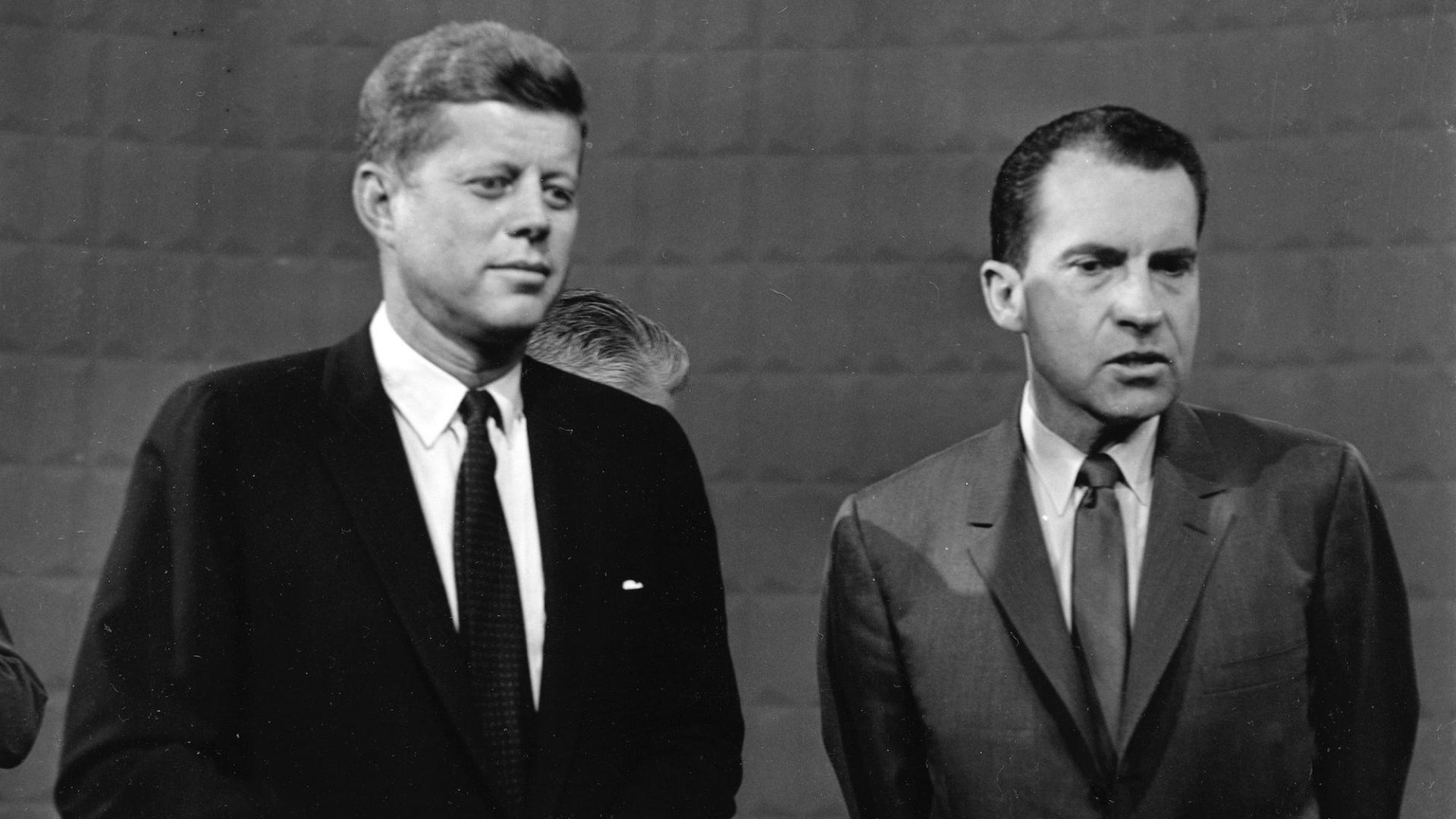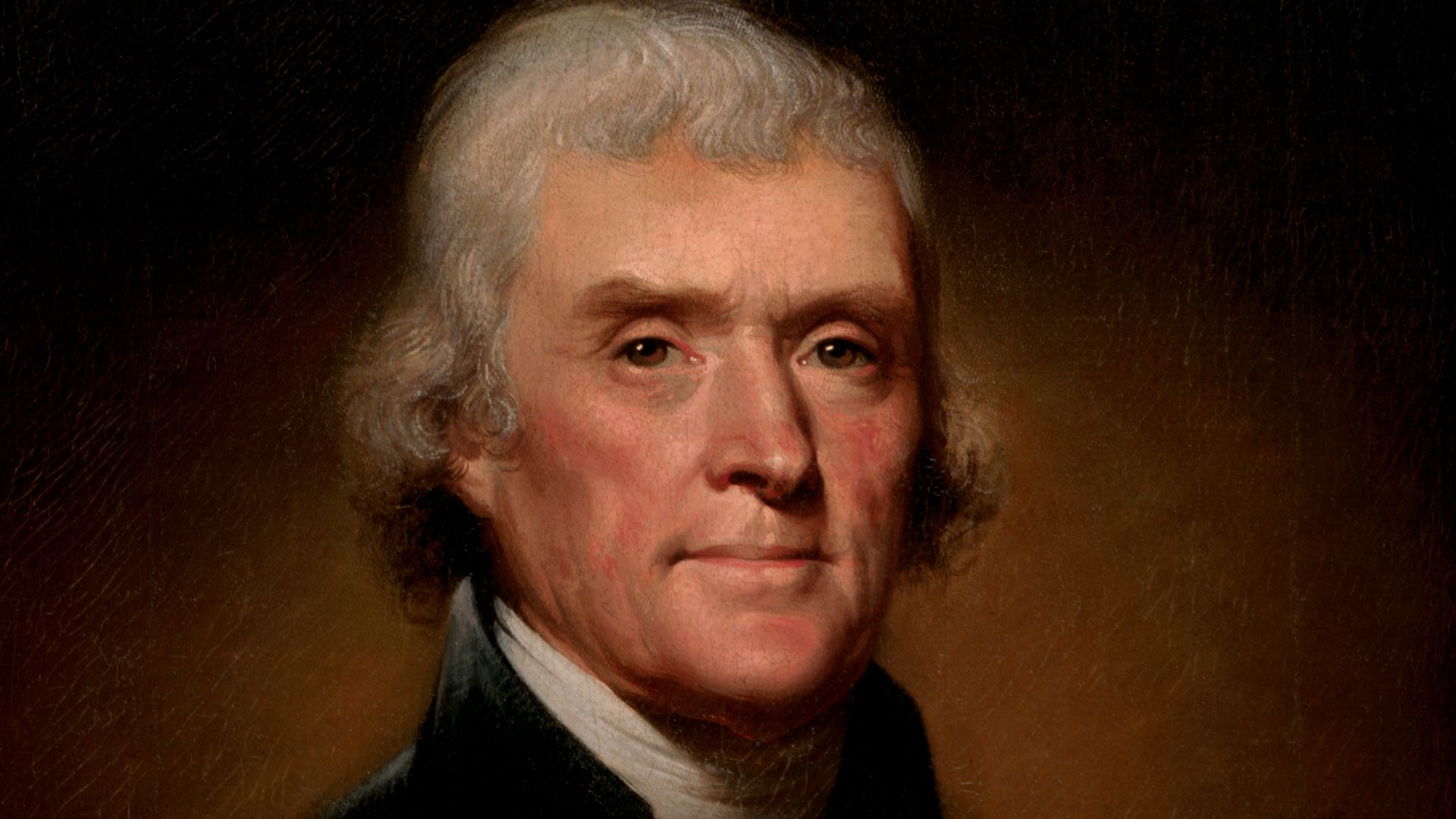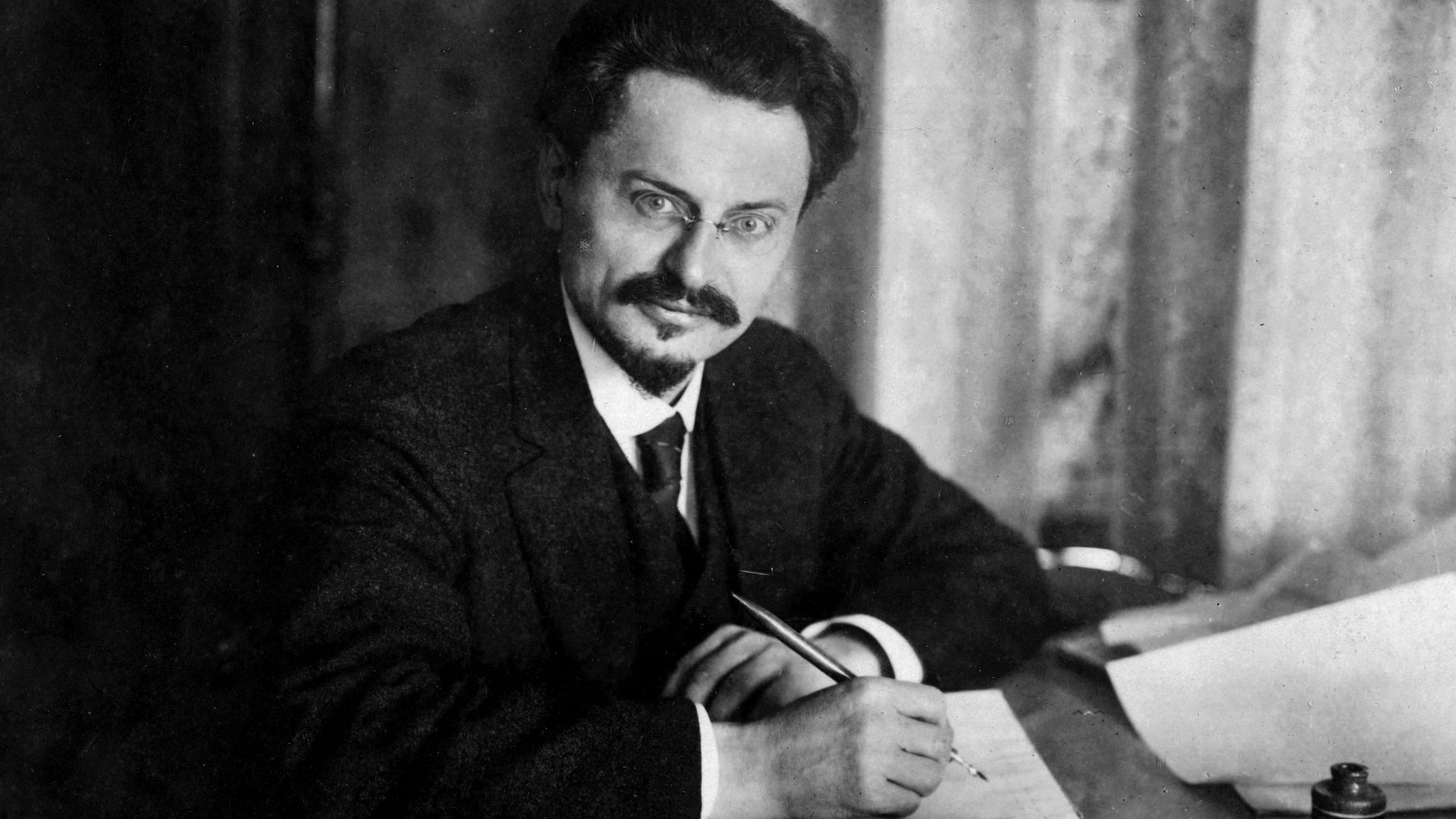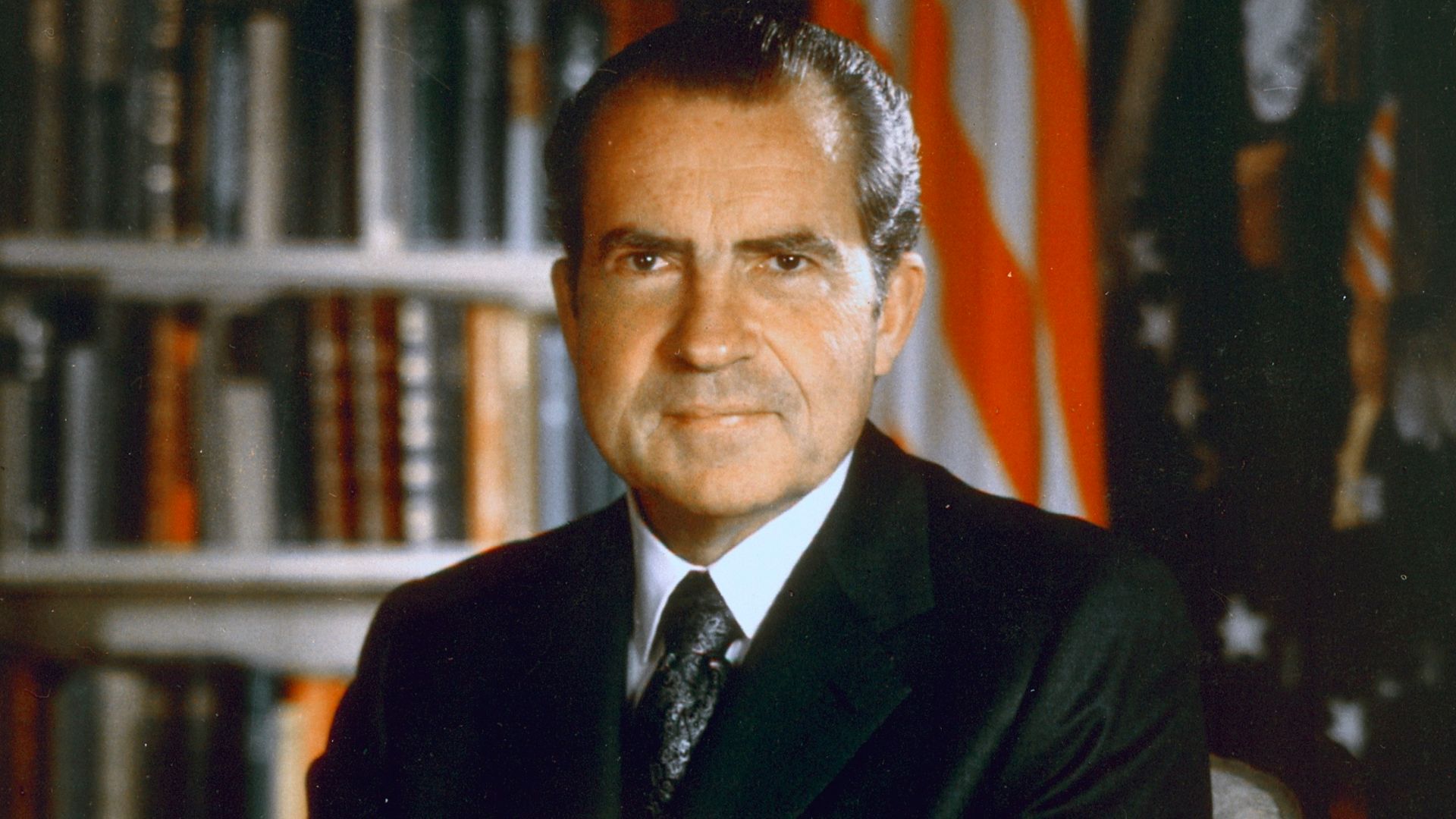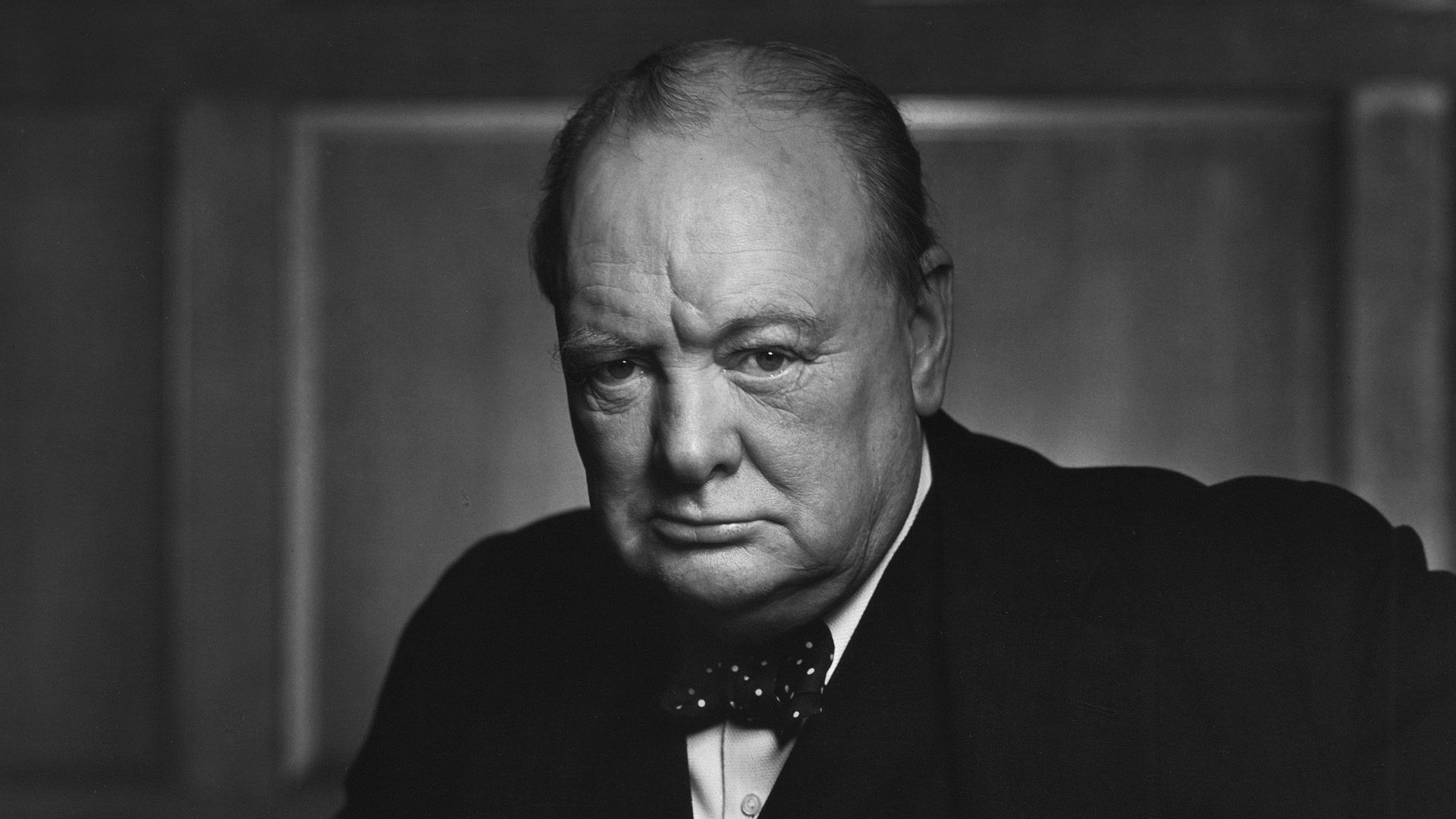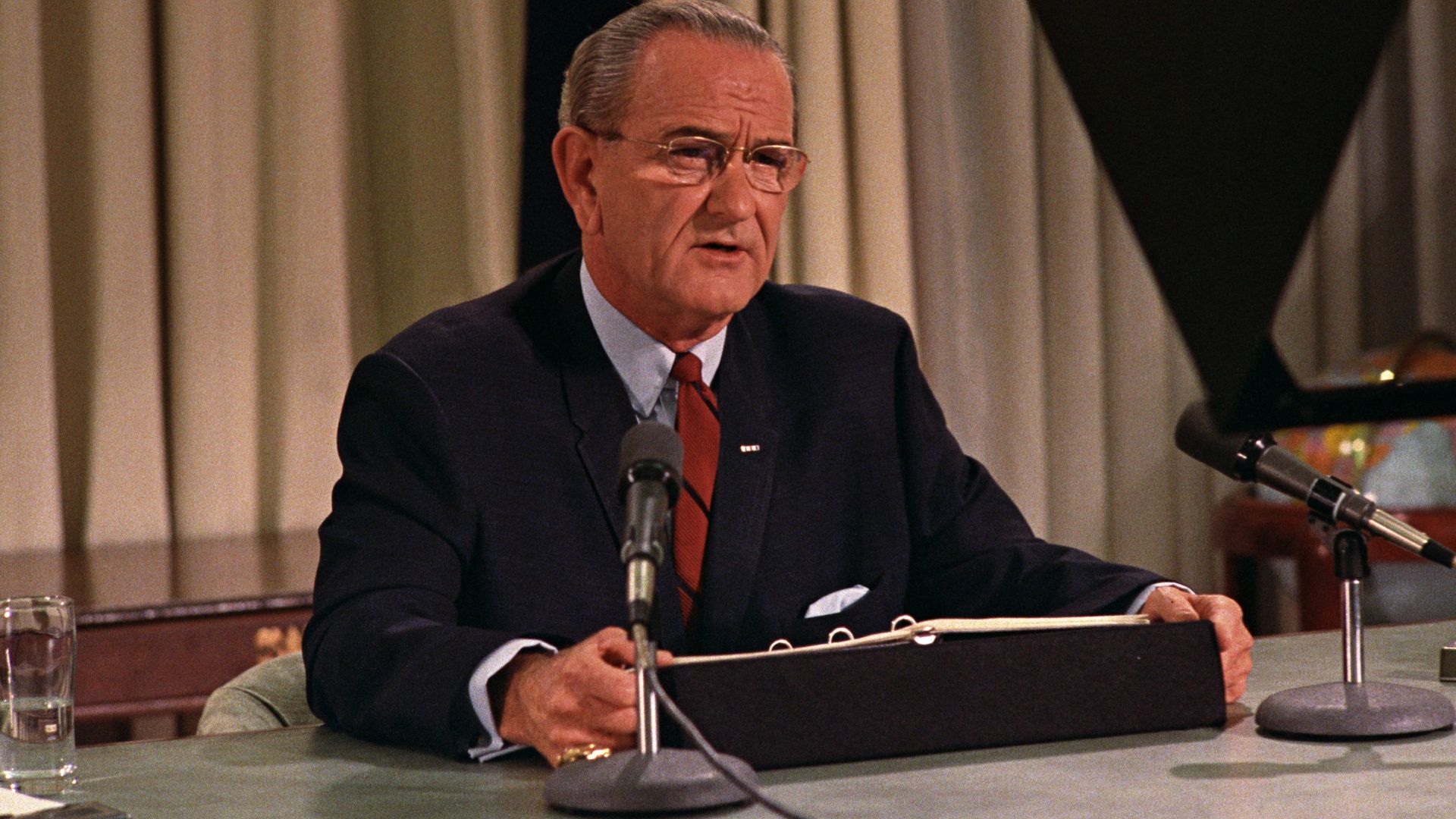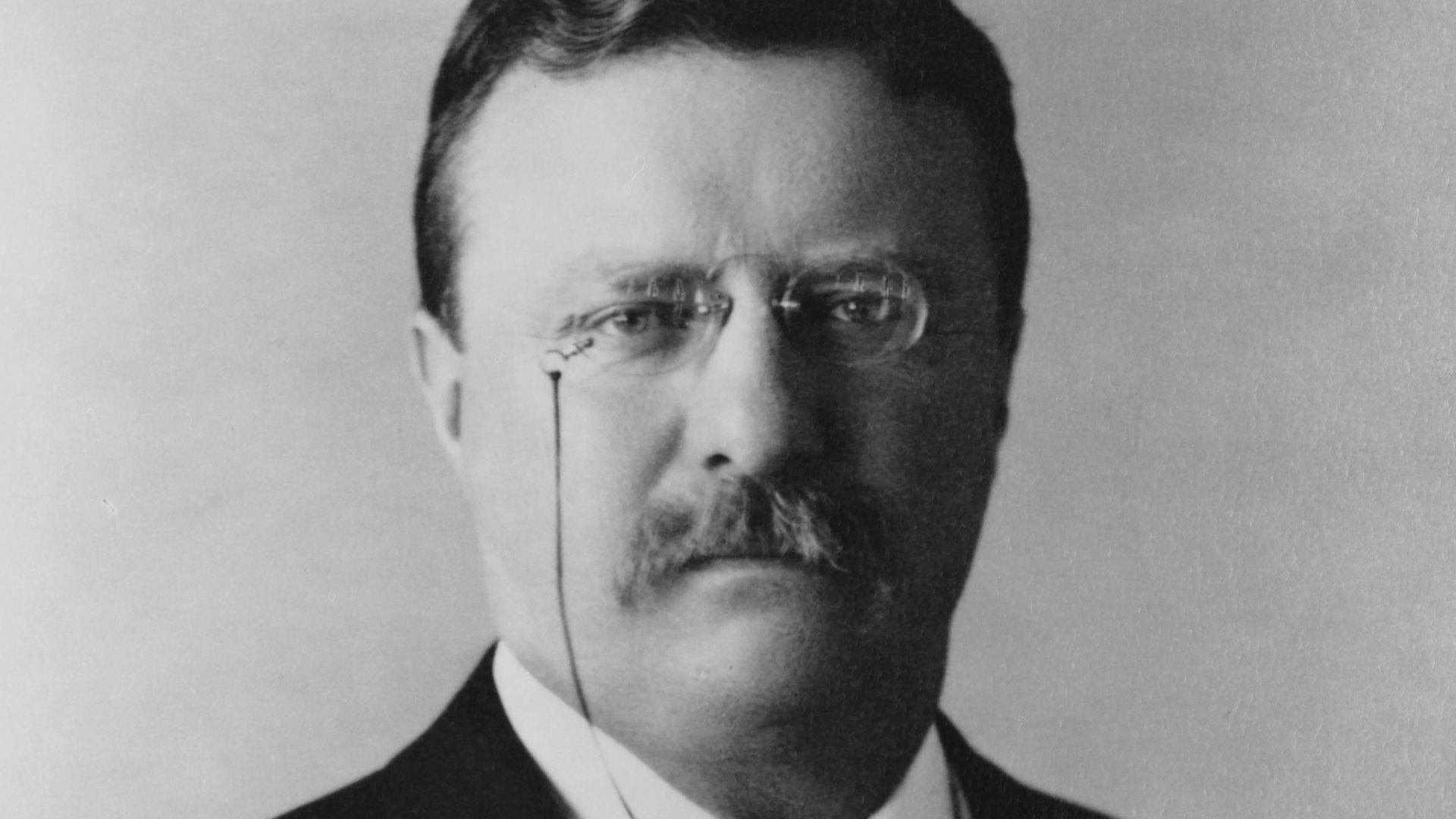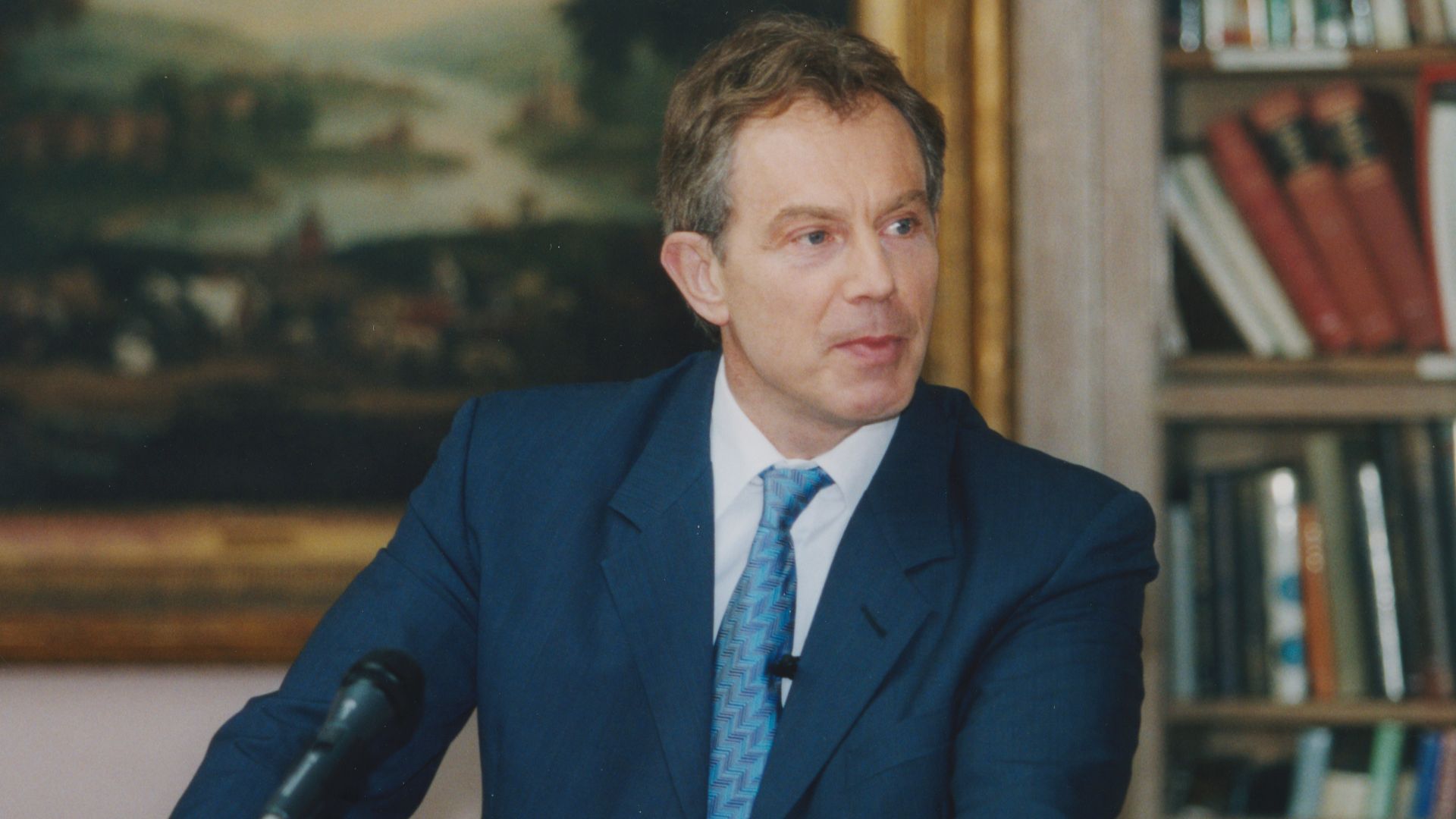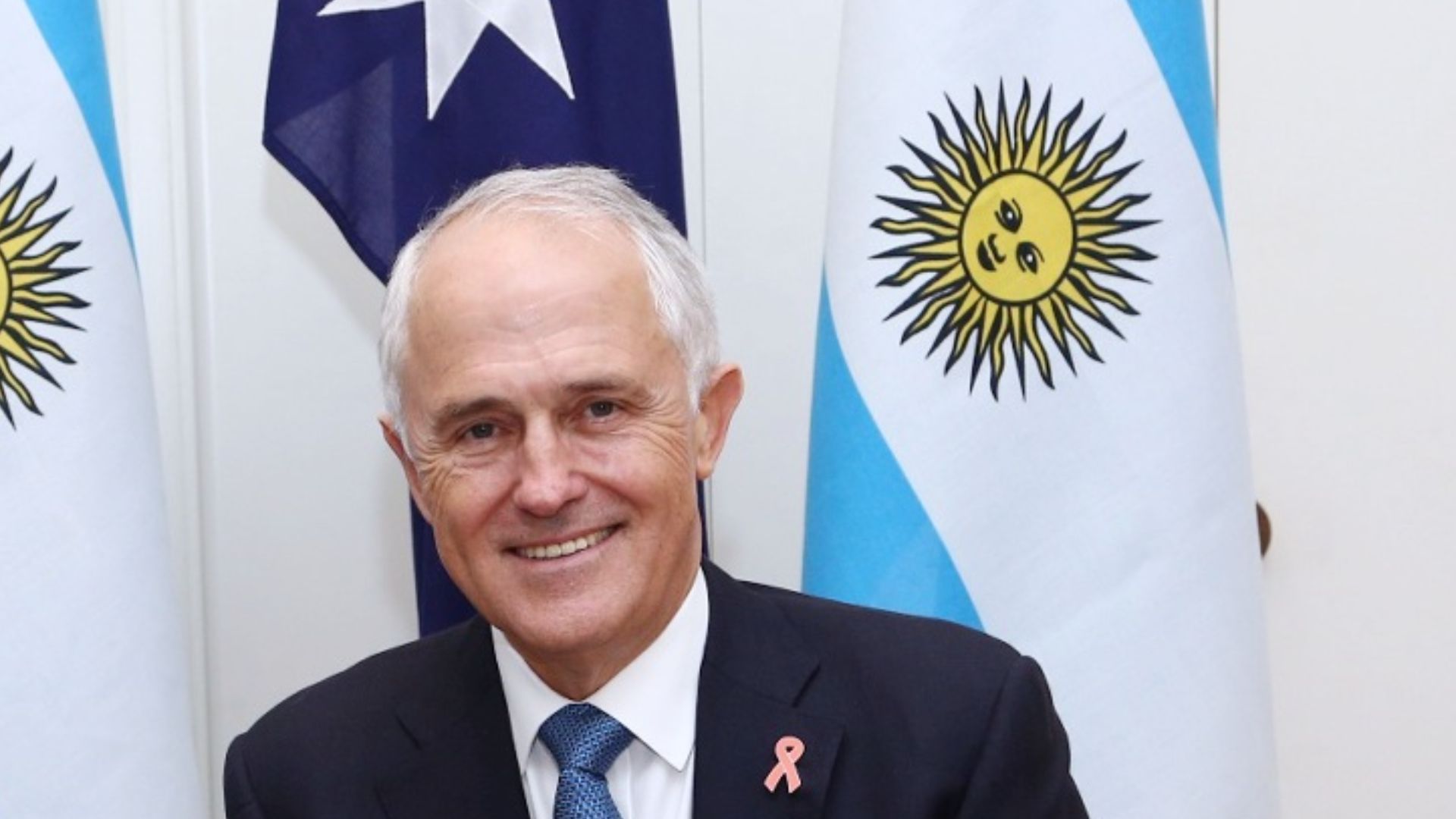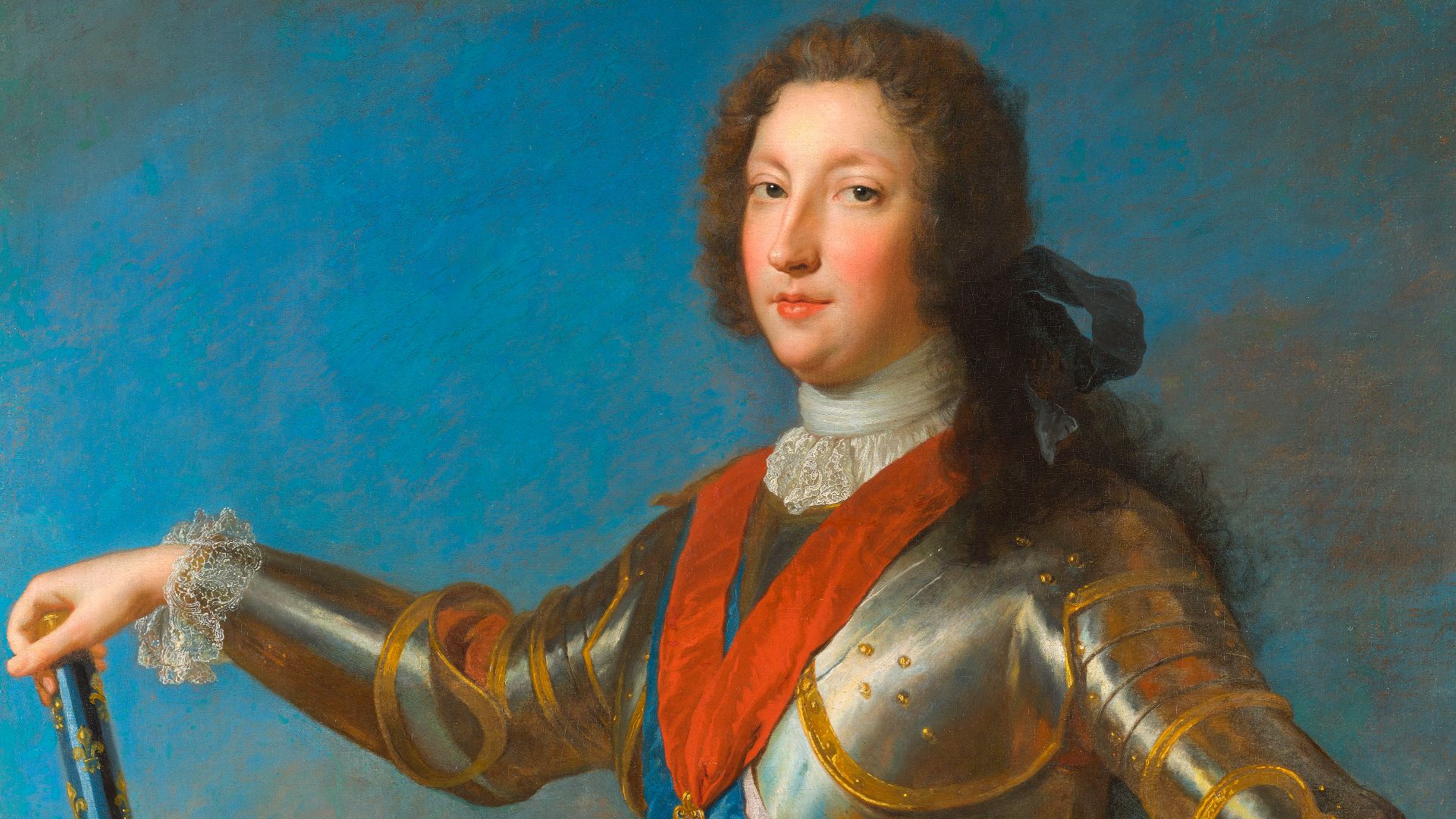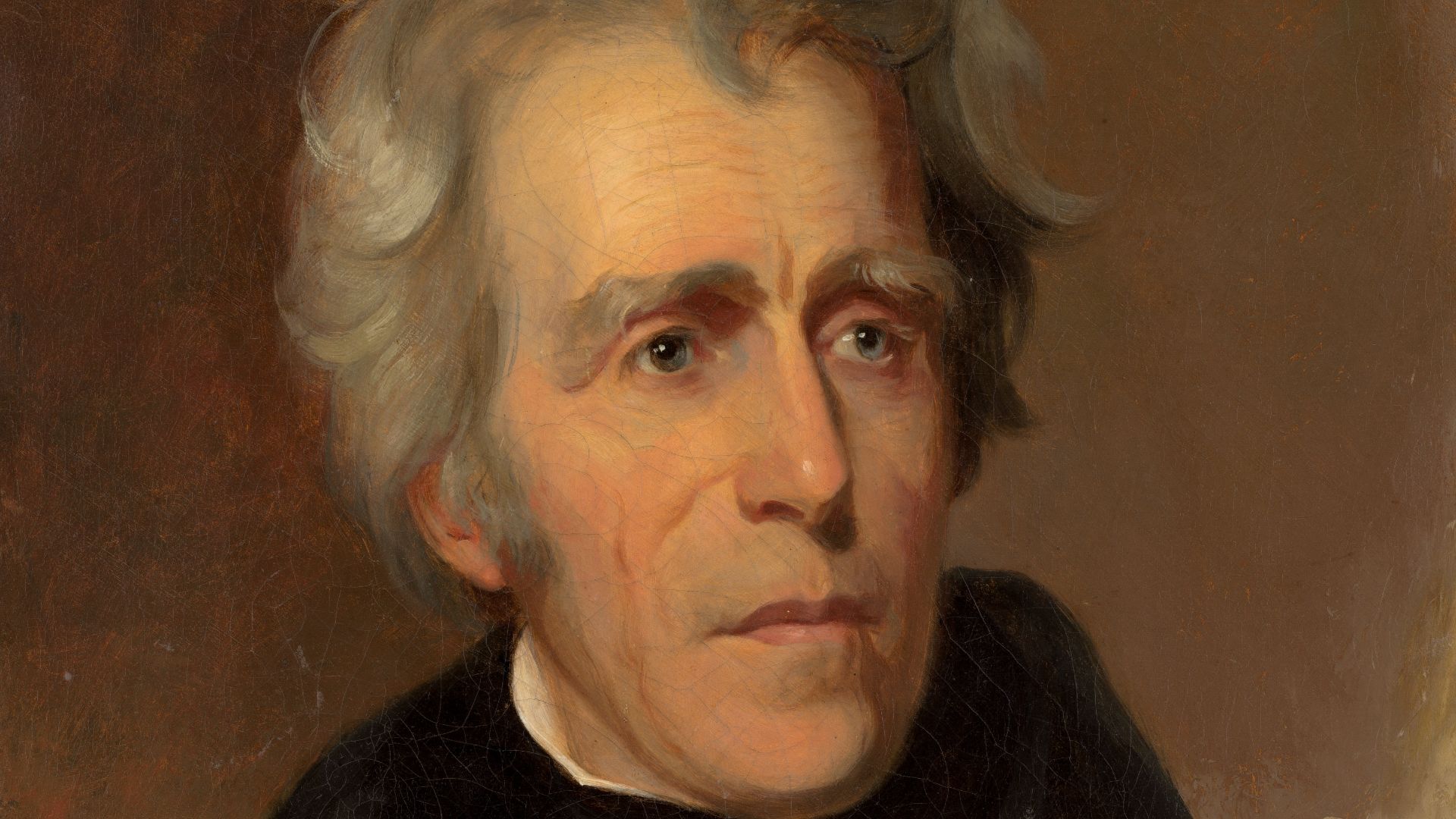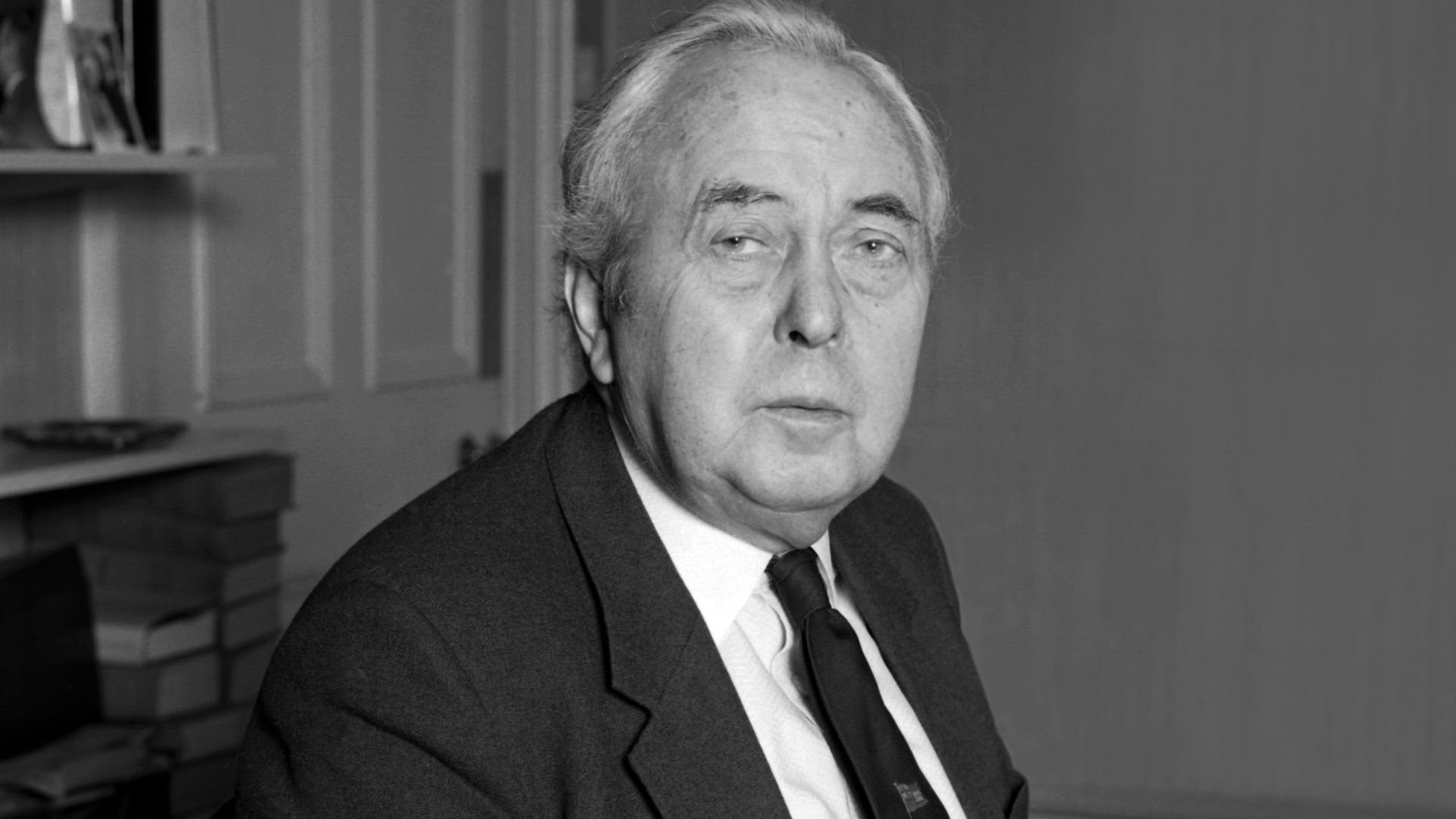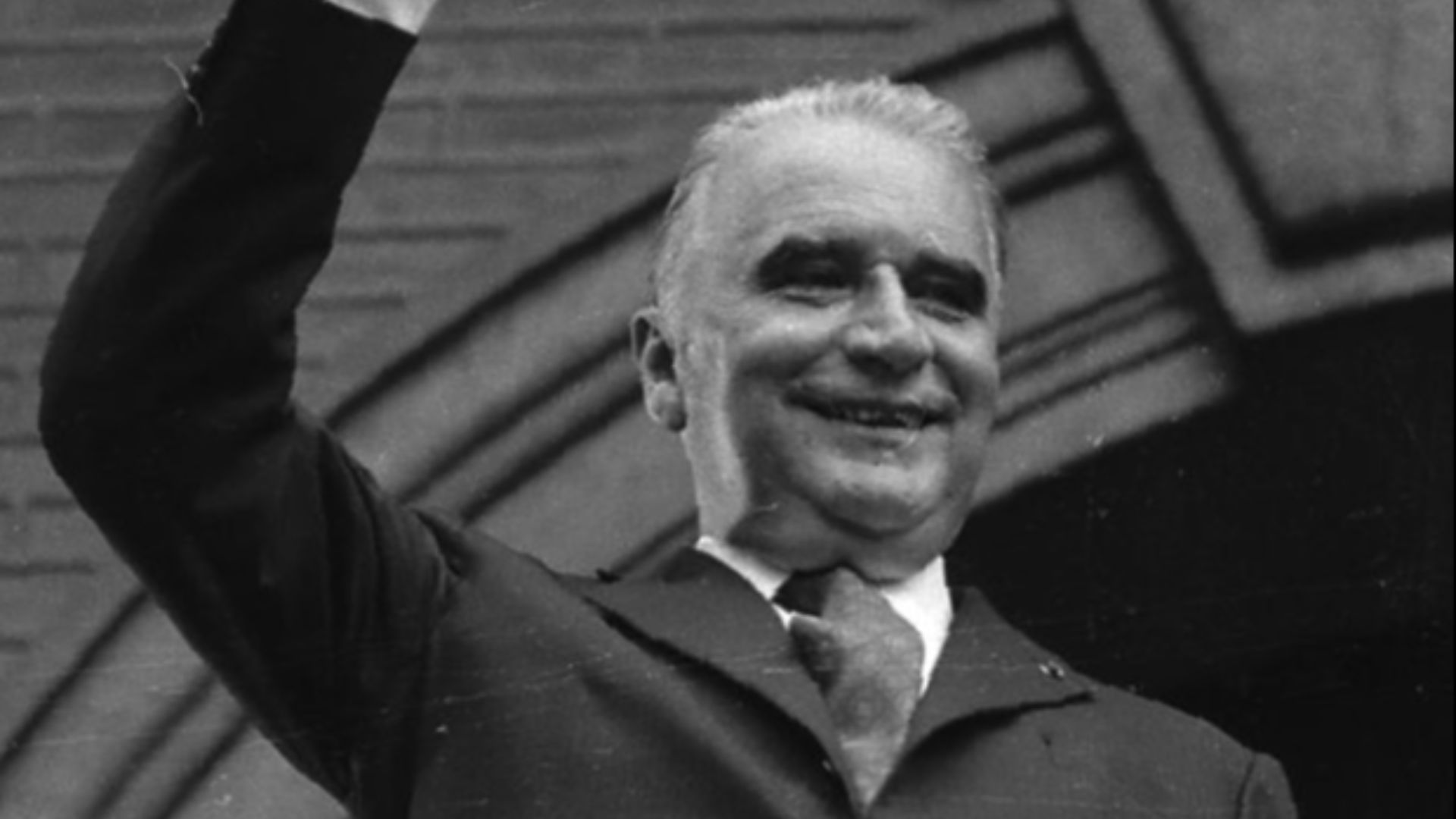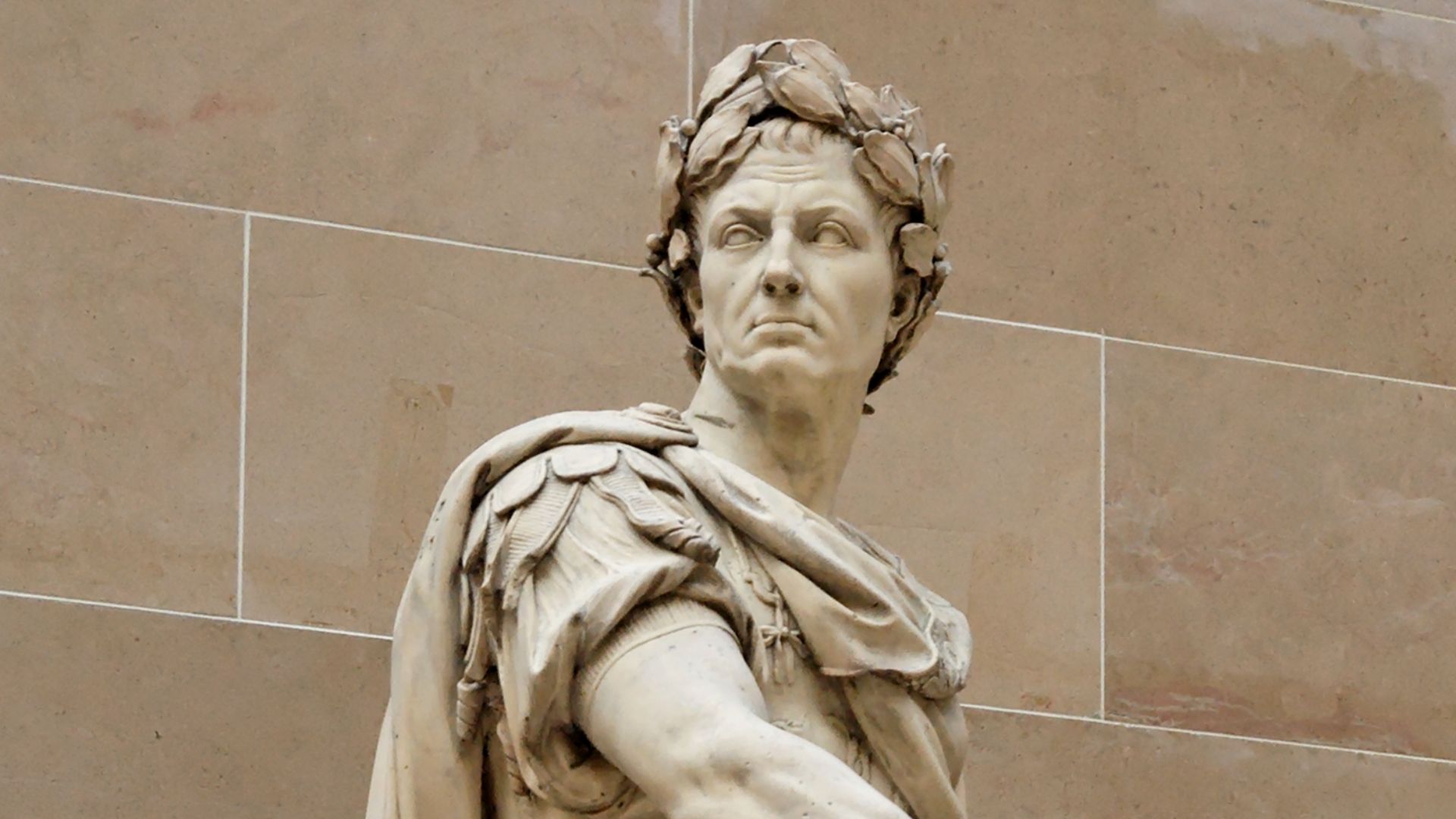Power Struggles That Shaped Nations
History’s most pivotal moments commonly begin with two names locked in combat. Rivalries between leaders have simmered while the general public watches in awe. Some feuds were born from ambition, others from betrayal, but each carried consequences that echo throughout history. Out of the many power struggles and personal gripes that impacted nations, we present the 20 most intense ones.
1. Alexander Hamilton Vs. Thomas Jefferson (U.S.)
Their feud defined the U.S. government’s foundation. Hamilton wanted a strong central authority; Jefferson feared tyranny. Each tried to outmaneuver the other at every turn. They founded opposing parties and turned cabinet debates into high-stakes battles for the country’s ideological future.
2. Joseph Stalin Vs. Leon Trotsky (USSR)
Stalin maneuvered through bureaucracy like a chess master, while Trotsky relied on revolutionary clout. After Lenin’s death, Stalin sidelined and eventually exiled Trotsky. This decision sealed his grip on power, and the rivalry ended with an ice axe in Mexico.
3. Richard Nixon Vs. John F. Kennedy (U.S.)
Their 1960 campaign was vicious. Nixon accused Kennedy of inexperience; Kennedy hit back with charisma and televised confidence. The narrow loss infuriated Nixon, who believed the media had robbed him of a victory, and the bitterness lingered.
4. Winston Churchill Vs. Neville Chamberlain (UK)
Churchill despised Chamberlain’s appeasement of Hitler, labeling it cowardice. He openly condemned Chamberlain in Parliament. Their bitter divide forced a leadership shift during World War II, with Churchill stepping over Chamberlain’s legacy to become the face of British resistance.
5. Lyndon B. Johnson Vs. Robert F. Kennedy (U.S.)
They shared a party, but not respect. Kennedy saw Johnson as crude and manipulative. Johnson, in turn, hated Kennedy’s elitism. Everyone became aware of the feud as it unfolded through media leaks and sabotage. It destabilized their political party.
6. Theodore Roosevelt Vs. William Howard Taft (U.S.)
Roosevelt handpicked Taft as his successor, but turned on him when Taft abandoned progressive policies. Their rivalry tore the party he once led apart in 1912, with Roosevelt’s third-party run splitting the vote and allowing the Democrats to win.
7. Tony Blair Vs. Gordon Brown (UK)
Blair and Brown’s “Granita Pact” was supposed to keep things tidy. Blair would lead first, then step aside for Brown. But Blair overstayed, Brown fumed, and tensions boiled over into a toxic decade-long drama behind the Labor Party curtain.
8. Malcolm Turnbull Vs. Tony Abbott (Australia)
In a Liberal Party power struggle straight out of a soap opera, Turnbull ousted Abbott as Prime Minister—then Abbott tried to return the favor. The backstabbing left the party fractured and leadership volatile.
9. Louis Of Orléans Vs. John The Fearless Of Burgundy (France)
Amid King Charles VI’s madness, France plunged into civil strife defined by the personal vendetta between Louis, Duke of Orléans, and John the Fearless, Duke of Burgundy. Their rivalry escalated to kidnappings and open warfare.
10. Pierre Trudeau Vs. René Lévesque (Canada)
Trudeau sought to maintain a united and bilingual nation, which contrasted with Lévesque’s school of thought. Lévesque wanted to create a more autonomous Quebec, potentially leading to sovereignty. Despite the rivalry, Quebecers hail them both as national saviors.
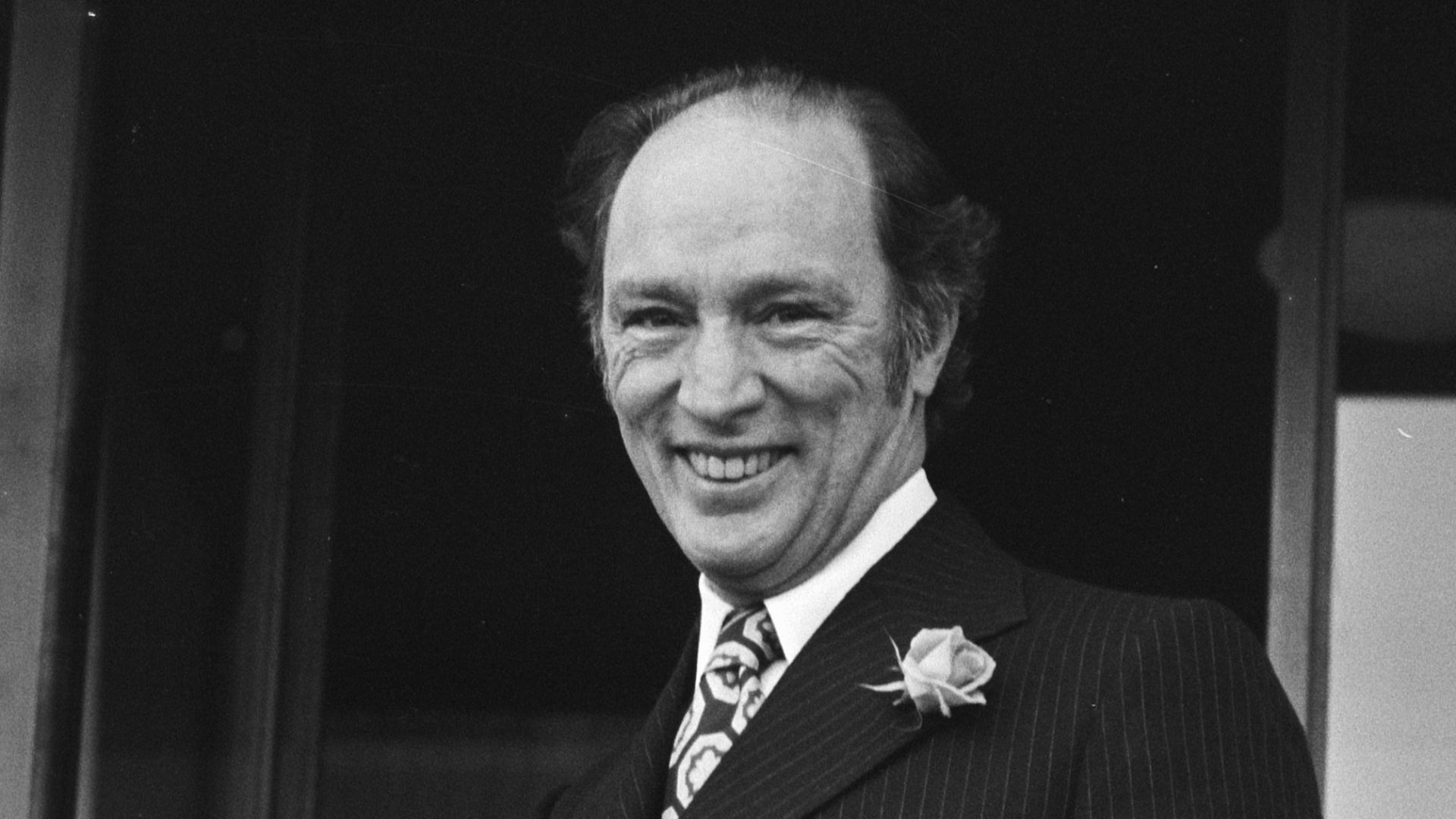 Rob Mieremet / Anefo on Wikimedia
Rob Mieremet / Anefo on Wikimedia
11. Narendra Modi Vs. Rahul Gandhi (India)
India’s current political theater revolves around these two names. Modi’s nationalist BJP and Gandhi’s Congress Party represent clashing ideologies. The feud’s intensity shows no sign of cooling since even recently, Gandhi challenged Modi’s silence on Trump’s intention to mediate a ceasefire between Pakistan and India.
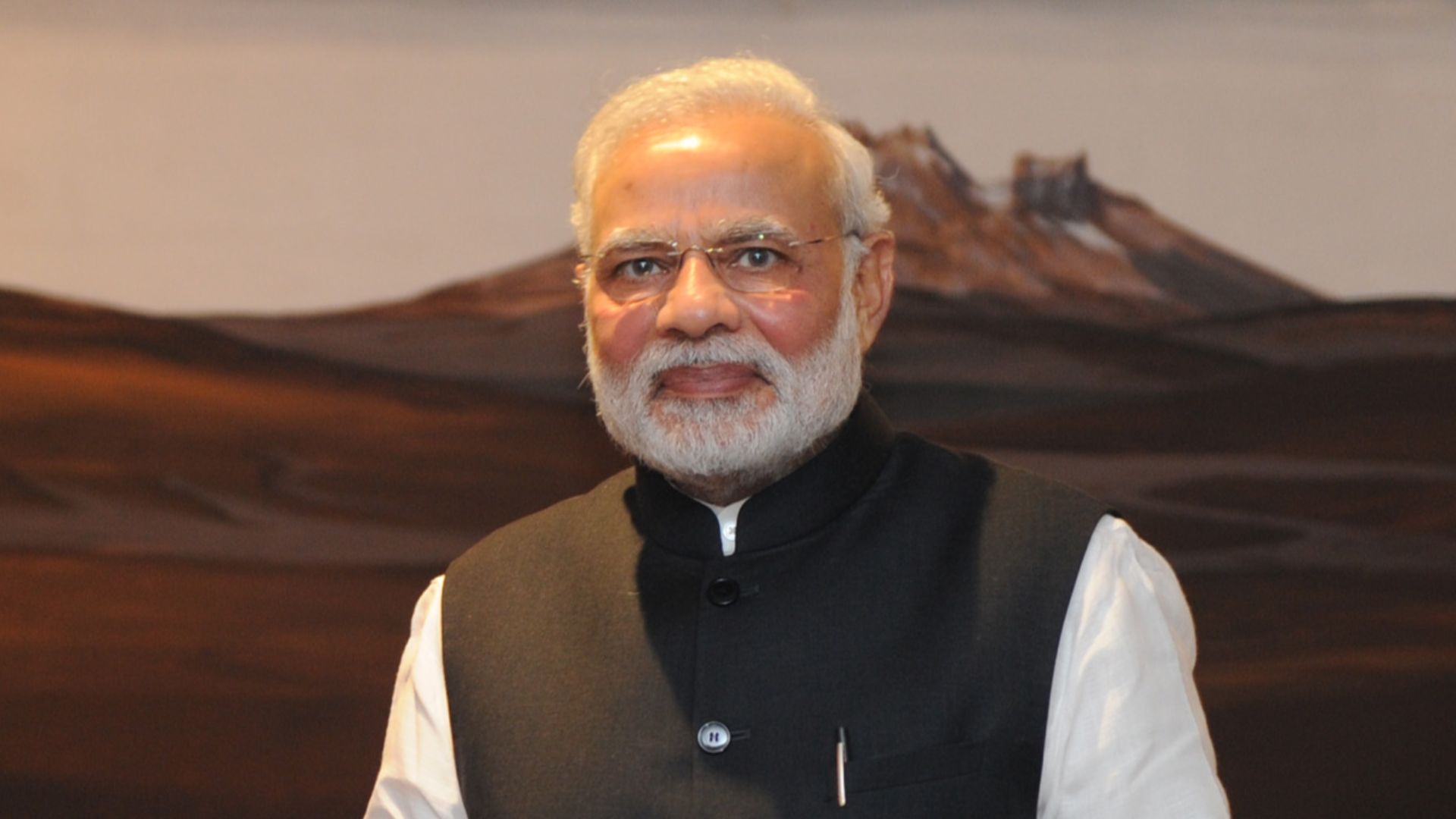 Prime Minister's Office, Government of India on Wikimedia
Prime Minister's Office, Government of India on Wikimedia
12. Andrew Jackson Vs. Henry Clay (U.S.)
They loathed each other, both personally and politically. Jackson never forgave Clay for engineering John Quincy Adams’s victory in 1824. Clay, meanwhile, believed Jackson governed like a tyrant. This rivalry helped create the modern two-party system and hardened the tone of American electoral warfare.
13. Harold Wilson Vs. Edward Heath (UK)
One pushed social reform; the other fixated on economic modernization. Call it the great tug-of-war over Britain's future. Their alternating premierships weren’t just about leadership—they portrayed Britain’s deep identity crisis in the post-imperial era.
14. Benjamin Disraeli Vs. William Gladstone (UK)
Parliament became their stage, and the nation watched like a theater. They clashed over religion and class. Gladstone thundered with moral fervor, and Disraeli countered with wit and sarcasm. These two giants turned Victorian politics into a personal performance of intellect and insult.
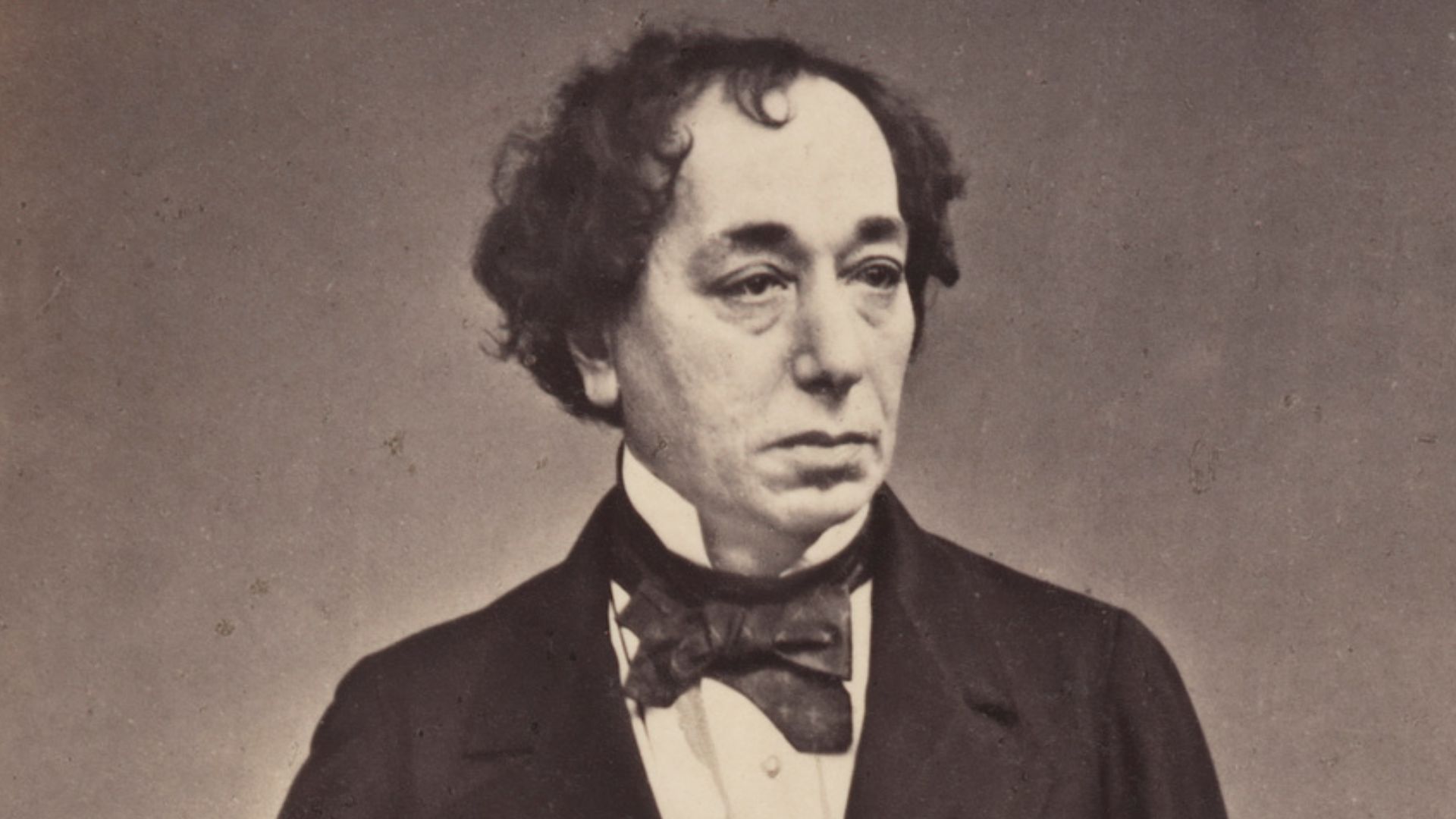 Unknown photographer on Wikimedia
Unknown photographer on Wikimedia
15. Abraham Lincoln Vs. Stephen Douglas (U.S.)
Their 1858 debates were a masterclass in rhetorical warfare. Douglas appealed to compromise as Lincoln stood firm against slavery’s spread. Their debates didn’t settle the issue, but they made it unavoidable. Still, it wasn’t the last time their names would appear on the same ballot.
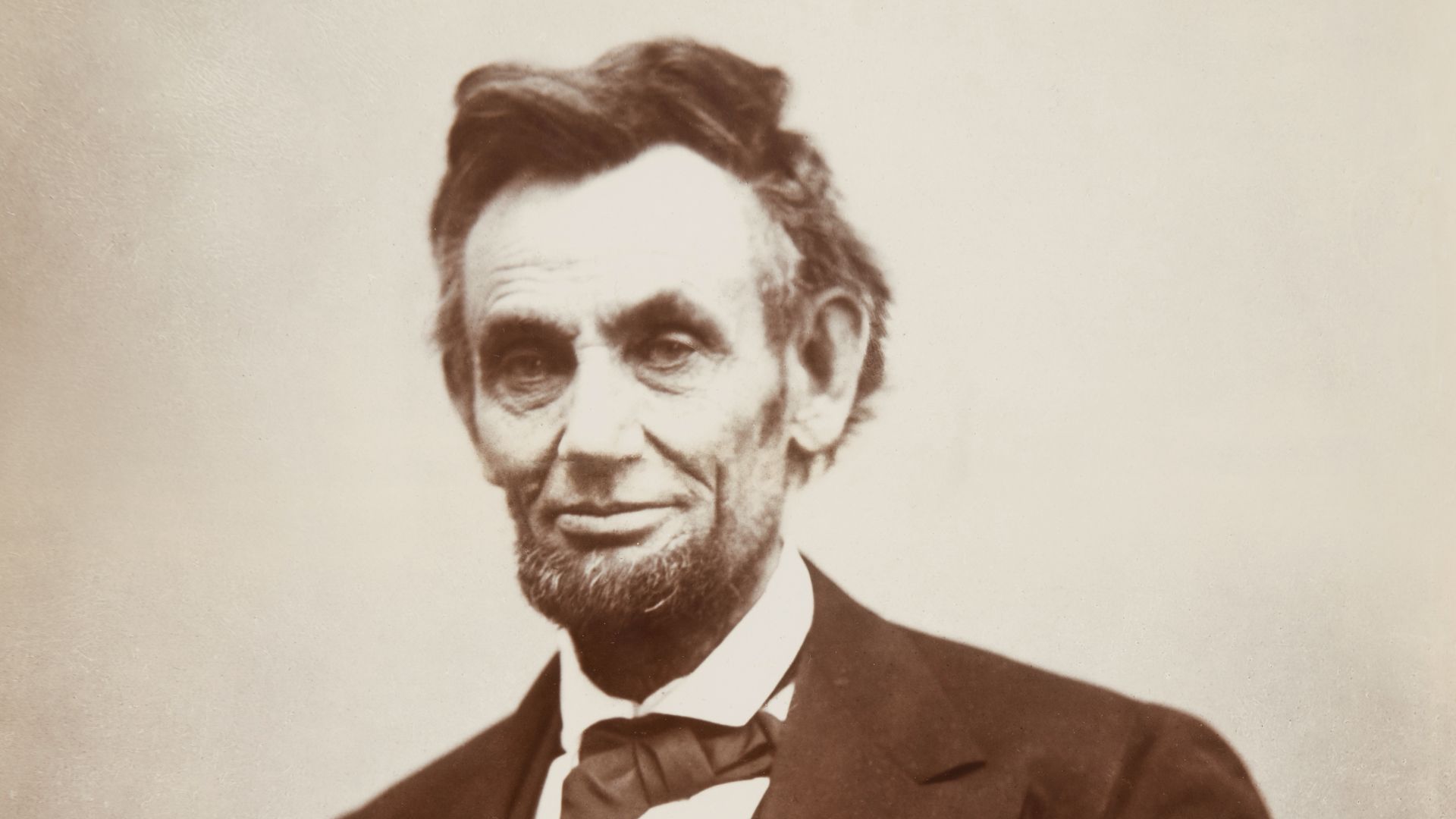 Archives New Zealand from New Zealand on Wikimedia
Archives New Zealand from New Zealand on Wikimedia
16. Charles De Gaulle Vs. Georges Pompidou (France)
Pompidou started as de Gaulle’s protégé, but the student and teacher soon diverged. When France erupted in 1968, Pompidou urged calm while de Gaulle disappeared to consult the military. The contrast sealed their political break, and Pompidou’s rise came at de Gaulle’s political sunset.
17. Jair Bolsonaro Vs. Luiz Inácio Lula Da Silva (Brazil)
Their story is a tale of Brazil’s political extremes. Lula, the comeback leftist icon, and Bolsonaro, the brash right-wing firebrand, represent mirror-opposite worldviews. Their alternating presidencies have transformed elections into ideological brawls, and the country’s future feels caught in the middle.
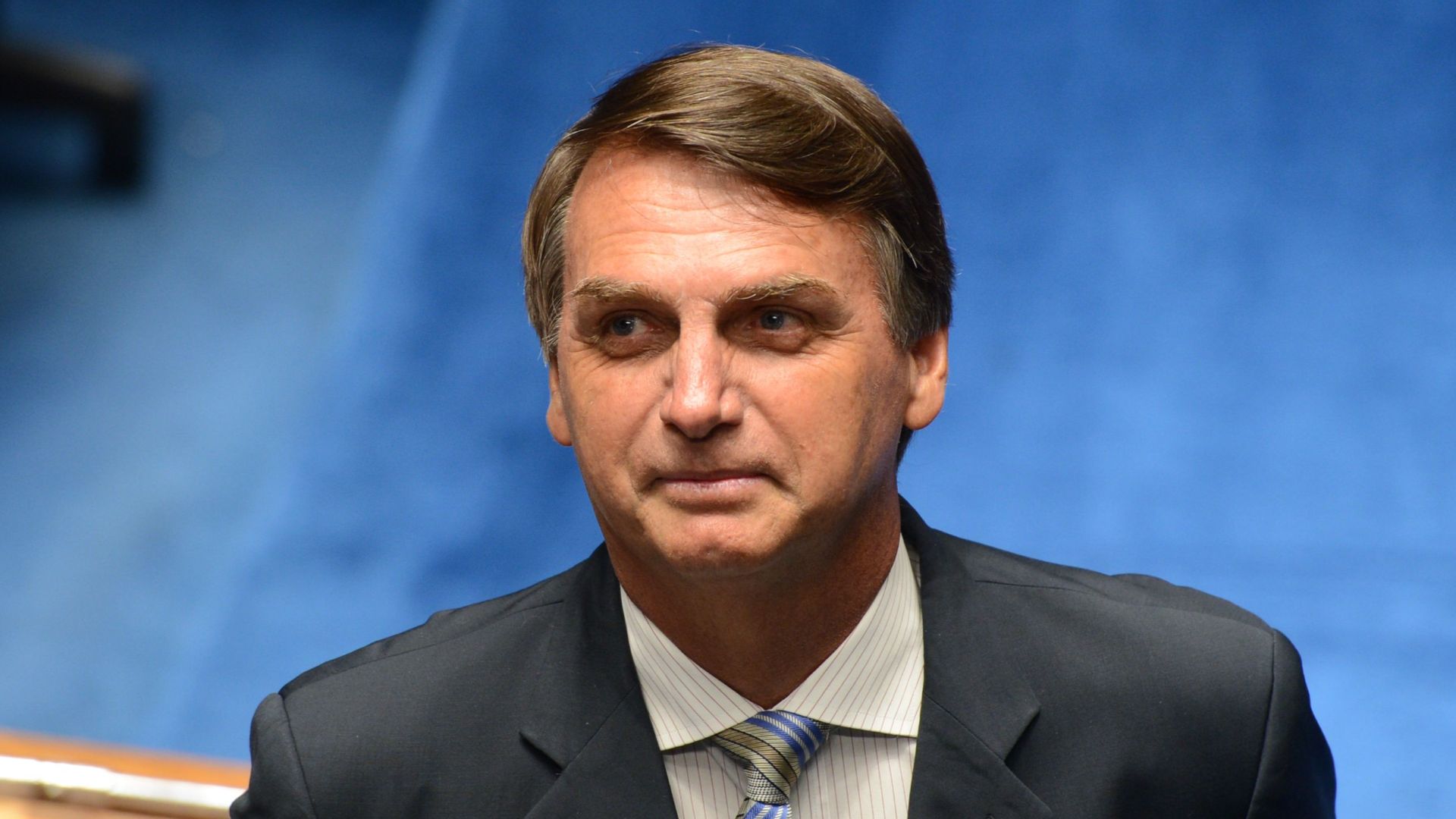 Antonio Cruz/Agência Brasil on Wikimedia
Antonio Cruz/Agência Brasil on Wikimedia
18. Bill Clinton Vs. Newt Gingrich (U.S.)
Clinton was the president and Gingrich the Speaker. They disagreed over budgets, which led to government shutdowns in 1995-1996. At the same time, their broader partisan clashes culminated in scandals like Clinton's 1998 impeachment, marking a new age of political brinkmanship.
19. Margaret Thatcher Vs. Michael Heseltine (UK)
Loyalty had limits. Heseltine’s dramatic cabinet walkout challenged Thatcher’s grip on power, planting seeds of rebellion. Though she won the battle, she lost the war. While his insurrection didn’t push him to the top, it did bring the Iron Lady down.
 derivative work by Begoon on Wikimedia
derivative work by Begoon on Wikimedia
20. Julius Caesar Vs. Marcus Porcius Cato (Ancient Rome)
Caesar and Cato disputed over nearly every major policy at the end of Rome’s republic. At one point, Cato intercepted senate proceedings and read aloud a private love letter sent to Caesar from Cato's half-sister and Caesar’s mistress, Servilia, intending to embarrass him.
KEEP ON READING

Why Hamilton Was Such A Success
Pete Souza on WikimediaWhen Lin-Manuel Miranda's Hamilton opened on Broadway…
By Breanna Schnurr Feb 12, 2026
The Feminist Retellings Of Historical Figures: A Look At Modern…
The Obama White House on WikimediaBroadway has discovered something powerful…
By Breanna Schnurr Feb 12, 2026
Is the golden Age of Humanity Already Behind Us?
Raphael on WikimediaIt’s a very human habit to look back…
By Emilie Richardson-Dupuis Feb 12, 2026
The Explorer Who Ate His Own Boots to Stay Alive
John Franklin on WikimediaThe history of Arctic exploration reads like…
By Cameron Dick Feb 12, 2026
20 Olympic Moments That Changed Sports Forever
When The Games Left A Permanent Mark. The Olympics are…
By Breanna Schnurr Feb 12, 2026
Which War Changed Modern Warfare?
Library of Congress on UnsplashWar has shaped technology, politics, and…
By Rob Shapiro Feb 12, 2026

